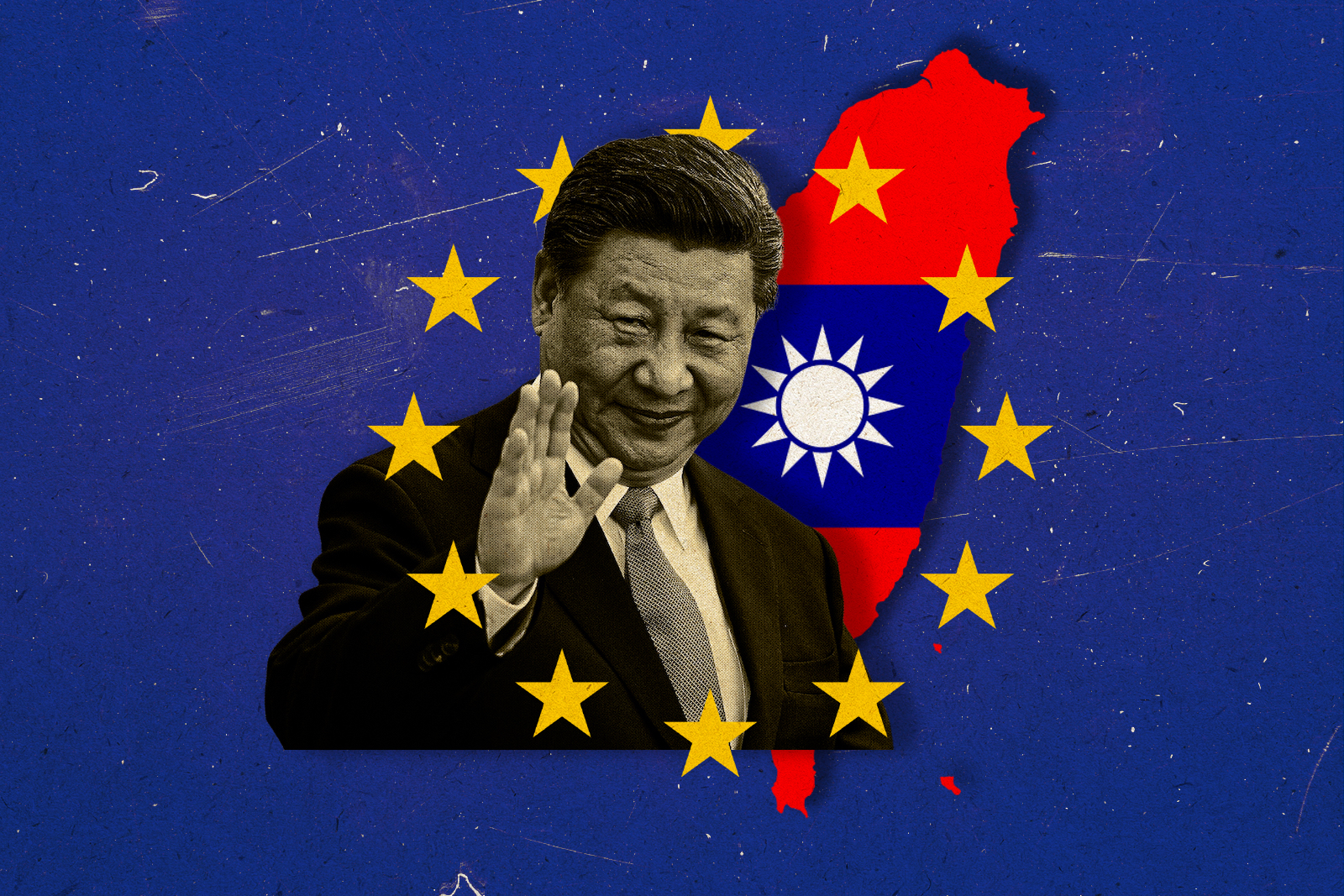
Is the Answer to the Rise of China a ‘Global NATO’?
Over the past month, headlines were made when a Chinese spy balloon was seen hovering over the United States. While it was eventually shot down over South Carolina, the U.S. military has identified three more mysterious objects, which drew attention to a long-term geo-political topic of discussion: the ever-increasing threat of China.
These developments, combined with the ongoing war in Ukraine, have reminded the world that the threat of global war does not simply exist in fiction, but rather is an ever-present possibility that looms over the tectonic plates of global politics. Furthermore, China’s increasingly confrontational attitude on the global stage is a concerning development for like-minded democracies around the world.
Unfortunately, political discussions on both sides of the Atlantic have become increasingly inward-looking as domestic disputes have been taking up the lion’s share of media coverage. Nevertheless, the Chinese spy balloon incidents have once again thrust foreign affairs into the popular discourse and the question must be asked: what can the West do to respond to the Chinese threat?
To answer that question, some background information is crucial.
For the past decade, China has taken a more expansive approach to the developing world. It has not only deployed its first overseas military base in East Africa but also taken over key infrastructure projects in various nations using its “debt trap diplomacy.” Domestically, it has also taken a firmer stance on Taiwan following its crackdown on the autonomous city-state of Hong Kong.
This shift in Chinese diplomacy has led many – especially in the Asia-Pacific region – to call for concerns about the real possibility of a cross-strait conflict between China and Taiwan. Although the ongoing war in Ukraine has led energy prices and the cost of living to rise across the world, a potential cross-strait war would have much graver consequences that have far-reaching impacts.
This is mainly due to the strategic geography of Taiwan which acts as a gateway to both the South China Sea and the Pacific Ocean. This is why U.S. President Biden has adjusted America’s longstanding policy of strategic ambiguity by signaling military support for the Taiwanese in the event of an invasion. Be that as it may, the West currently lacks a unified strategy to strengthen democracies in the region and prepare for the worst-case scenario.
While serving as UK foreign secretary, Liz Truss proposed the idea of a “global NATO.” This is the idea that NATO, despite being founded to cover much of Western Europe, Canada, and the United States, must now take a global outlook to pre-empt threats rising in the Indo-Pacific. While she did not have the opportunity to further develop the idea, London did manage to secure a trilateral defense pact with Canberra and Washington – which brings that vision one step closer to reality.
We must take into account the reality that most countries in the world, despite being supportive of Taiwan, do not possess the military strength to resist the full weight of China. This is why a Global NATO could act as a strong collective that is able to provide the assurance that no nation should have to bear the cost of standing up to China on its own. Whether it is reducing economic dependency, imposing collective sanctions, or fostering stronger defensive relationships, a globalised NATO is a valuable vehicle that the West should not neglect to draft into the fight.
Another possible way to create such a security pact would be to recreate a NATO-like security alliance in the Indo-Pacific (perhaps called SEPTO – South-East Pacific Treaty Organization). In order for SEPTO to function properly, it is likely that the United States, and potentially a few other nations (such as the UK and Canada) would need to be members. The purpose of this treaty organization would be to unite countries in the greater South China Sea region who fear China’s growing influence. Countries like Japan, Australia, New Zealand, and South Korea would almost certainly join, and the potential for adding states like the Philippines, India, Indonesia, and Malaysia would certainly be discussed.
While we are still in the early stages of seeing these ideas manifest, it is only reasonable to speculate that democratic nations would increasingly find them more necessary as the geo-political axis tilts East. Beijng, as it often does, would attempt to smear these efforts as ‘an aggression to the Chinese people.’ But we should always remember that the aspiration for democracy and freedom belongs to each and every nation in the world – including the Chinese people.


